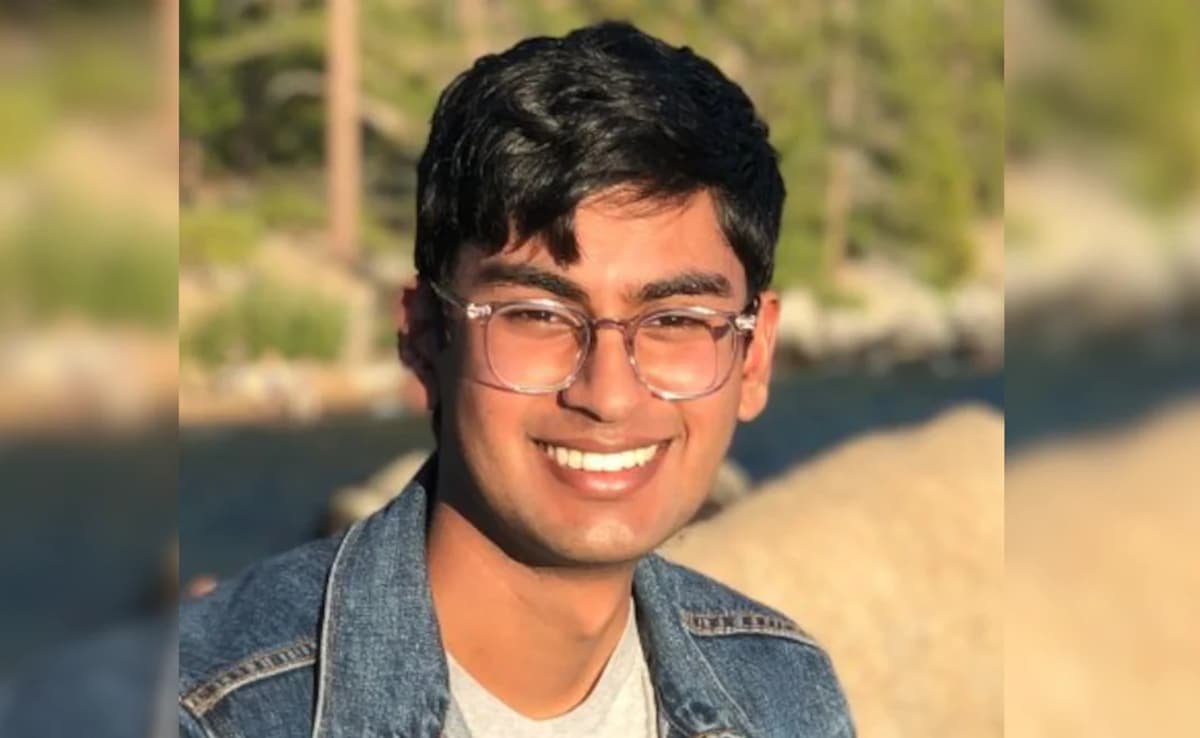
Suchir Balaji, a former Artificial Intelligence (AI) researcher at OpenAI, has been found dead in his San Francisco apartment. The 26-year-old reportedly died by suicide.
“No evidence of foul play was found during the initial investigation,” Officer Robert Rueca, a spokesperson with the San Francisco Police Department, told Forbes.
According to The Mercury News, Balaji was found dead inside his Buchanan Street apartment on November 26.
He worked for OpenAI from November 2020 to August 2024, according to his LinkedIn profile.
Billionaire Elon Musk, who has a long-standing feud with OpenAI CEO Sam Altman, reacted to the news with a cryptic “hmm” post on X (formerly Twitter).
— Elon Musk (@elonmusk) December 14, 2024
OpenAI was co-founded by Elon Musk and Sam Altman in 2015. Three years later, Musk left OpenAI and founded another rival start-up, xAI.
Last month, Musk alleged that OpenAI is a monopolist.
Suchir Balaji Said OpenAI Broke Copyright Law
In October, Suchir Balaji had alleged that OpenAI was violating copyright law.
“If you believe what I believe, you have to just leave the company,” he said in an interview with The New York Times.
He also said that technologies like ChatGPT were damaging the internet.
In a social media post on X in October, Balaji had also written about fair use and generative AI.
Talking about his experience of working at OpenAI for four years, including his work on ChatGPT for a year and a half, Balaji concluded that “fair use seems like a pretty implausible defense for a lot of generative AI products.”
“I initially didn’t know much about copyright, fair use, etc. but became curious after seeing all the lawsuits filed against GenAI companies. When I tried to understand the issue better, I eventually came to the conclusion that fair use seems like a pretty implausible defense for a lot of generative AI products, for the basic reason that they can create substitutes that compete with the data they’re trained on (sic),” he wrote.
I recently participated in a NYT story about fair use and generative AI, and why I’m skeptical “fair use” would be a plausible defense for a lot of generative AI products. I also wrote a blog post (https://t.co/xhiVyCk2Vk) about the nitty-gritty details of fair use and why I…
— Suchir Balaji (@suchirbalaji) October 23, 2024
In a blog post, Balaji explained the four factors that determine whether generative AI qualifies for fair use or not. Among the four factors is the “effect of the use upon the potential market for or value of the copyrighted work”.
The fair use test also looks at the purpose and character of the use and nature of the copyrighted work – whether it is creative work that is highly protected by copyright or factual work.
Balaji concluded, “None of the four factors seem to weigh in favor of ChatGPT being a fair use of its training data. That being said, none of the arguments here are fundamentally specific to ChatGPT either, and similar arguments could be made for many generative AI products in a wide variety of domains.”



